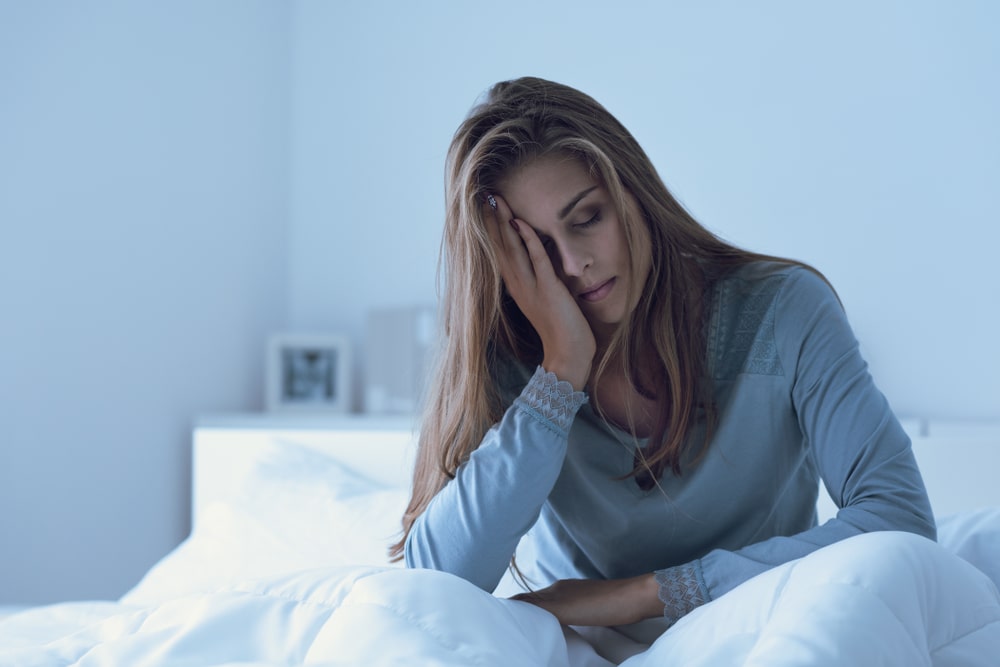The World Health Organization (WHO) explains mental health as “a state of well-being in which the individual realizes his or her own abilities, can cope with the normal stresses of life, can work productively and fruitfully, and is able to make a contribution to his or her community.” Certain evolutionary needs must be met to properly nurture teenage mental health. Sleep, for example, is essential for teens because it plays an integral role in physical and mental development. The absence of this universal need has serious physiological consequences. The National Sleep Foundation created a chart that illustrates the ideal amount of sleep a person should obtain (ranging from infants into adulthood), which suggests teenagers should be sleeping an average of eight and a half to nine and a half hours, nightly. Sleep irregularities affect 15% to 25% of children and adolescents.
Sleep Disorders and Teen Mental Health
While minor sleep difficulties among teenagers is natural, some teenagers struggle with more serious sleep disorders. The most common types of sleep disorders young people suffer from include sleep apnea, insomnia, restless legs syndrome, and gastro esophageal reflux disease (GERD). The connection between sleep disorders and teen mental health is significant and complex. Poor sleep can have a profound impact on a teenager’s emotional well-being and can exacerbate existing mental health issues:
- Deprived sleep heightens the risk of depression: A 2019 study showed that about 1 in 3 students who slept less than six hours per night had a higher number of depression symptoms compared with about 3 in 10 students who got adequate sleep.
- Sleep affects mood and anxiety: Nearly all mood and anxiety disorders co-occur with significant sleep abnormalities and vice versa. Research indicates that university students with the most erratic sleep schedules reported being unhappy nearly twice as often as those who had consistent and sufficient sleep.
- Sleep plays a key role in regulating emotion: A good night’s sleep can significantly impact a teen’s stress levels and coping capacity. Emotional events during waking hours affect sleep, and the quality and amount of sleep influences the way we react to these events impacting our general well-being.
Sleep disorders and teen mental health share a bidirectional relationship, and the connection between the two is well-established. Sleep disorders can negatively impact mental health, and mental health issues can, in turn, lead to sleep disturbances.
For Information and Support
Every family in need of mental health treatment must select a program that will best suit the needs of their family. When one member of a family struggles, it impacts everyone in the family unit. To maximize the benefits of treatment we work closely with the entire family to ensure that everyone is receiving the support they need through these difficult times.
Seeking help is never easy, but you are not alone! If you or someone you know needs mental health treatment, we strongly encourage you to reach out for help as quickly as possible. It is not uncommon for many mental health difficulties to impact a person’s life, long term. Pursuing support at the beginning of one’s journey can put the individual in the best position to learn how to manage themselves in a healthy way so they can go on to live happy and fulfilling lives.
OUR KNOWLEDGEABLE ADMISSIONS TEAM CAN BE REACHED 24/7 AT INFO@PACIFICRTC.COM OR CALL: 800-531-5769
We are available to answer any questions you may have regarding mental health treatment and our residential program, anytime. Contact us today using the form to the right.






